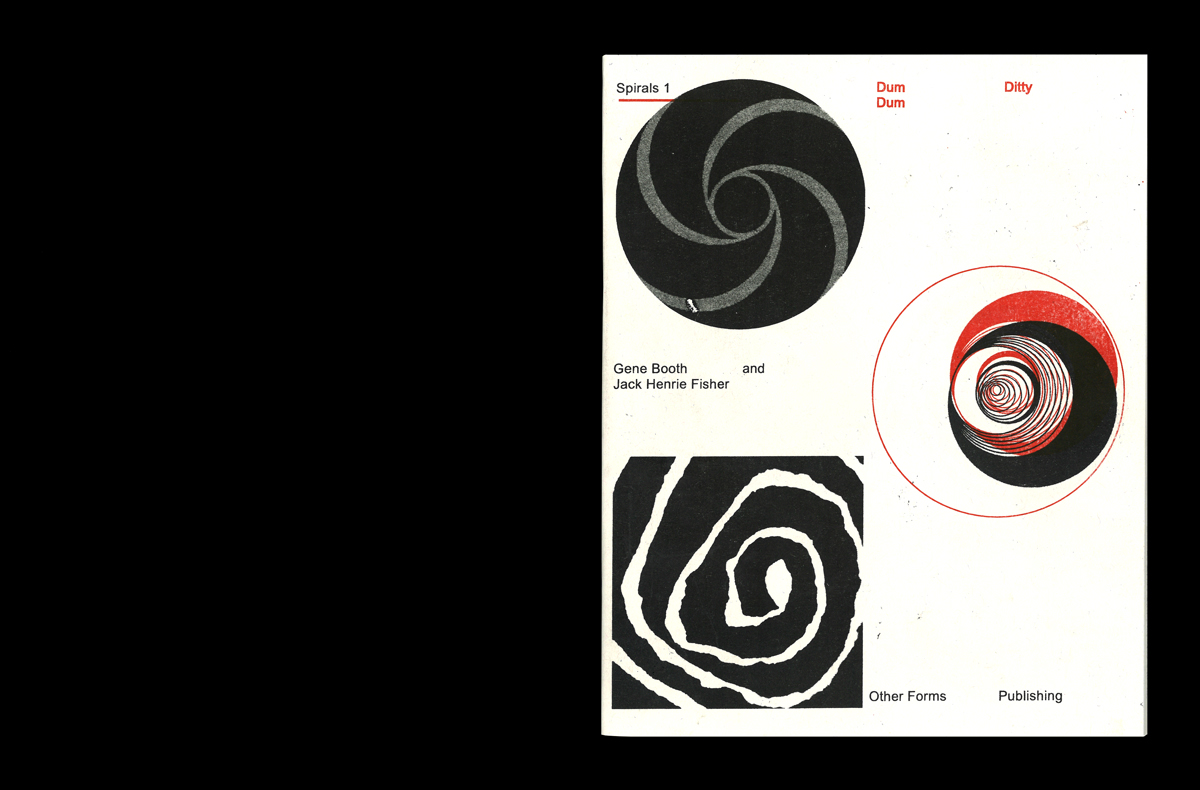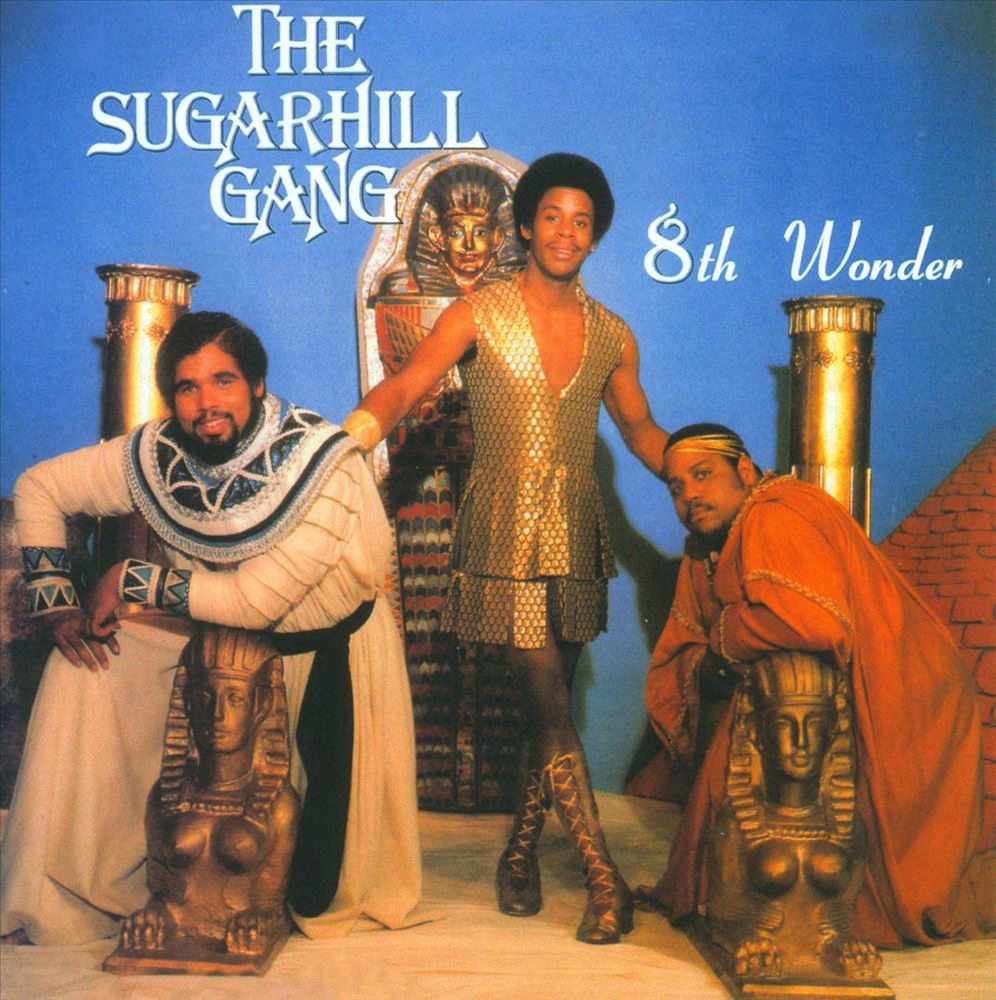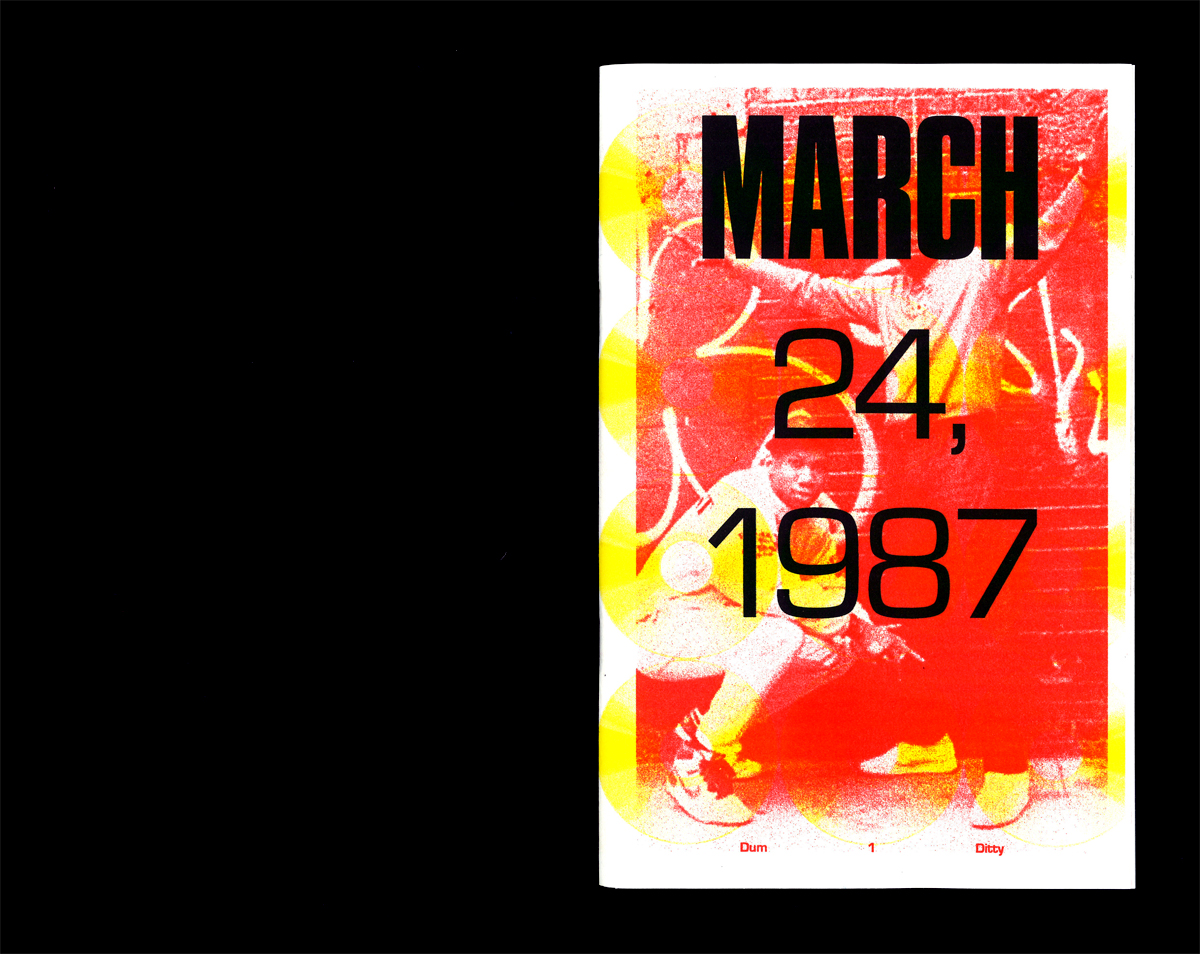Our concept of the spiral in recorded music is that it is a literal diagram of the material medium of the vinyl record. Theodore Adorno writes that music literally becomes writing with the invention of the phonograph record: this writing is inscribed as a spiral on the vinyl platter. The spiral inscription on a shellac disc or whatever the material happens to be, literally is writing. It follows (like a curve unfolding from a central point) that the seemingly decorative appearance of spirals on album cover art, or spinning as record label logos, or in lyrics (and also in musical structures like Coltrane solos) is a figure (an illustration but not only that; it is also the internal diagram) of that musical material medium-machine that is the vinyl record (and maybe the cd?). This is what is so intense and fascinating about the spiral form when one starts to think about it and see its multi-dimensional instances in the commodity world of recorded music.
Spirals 1


